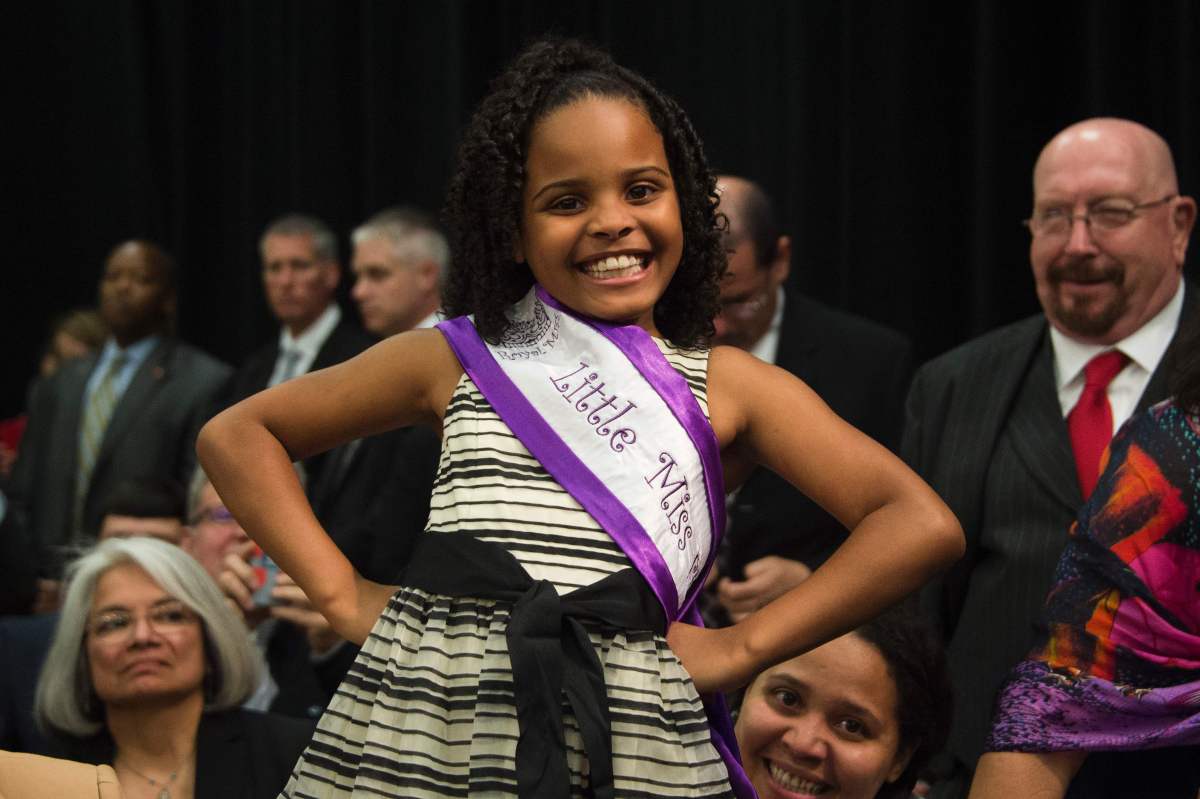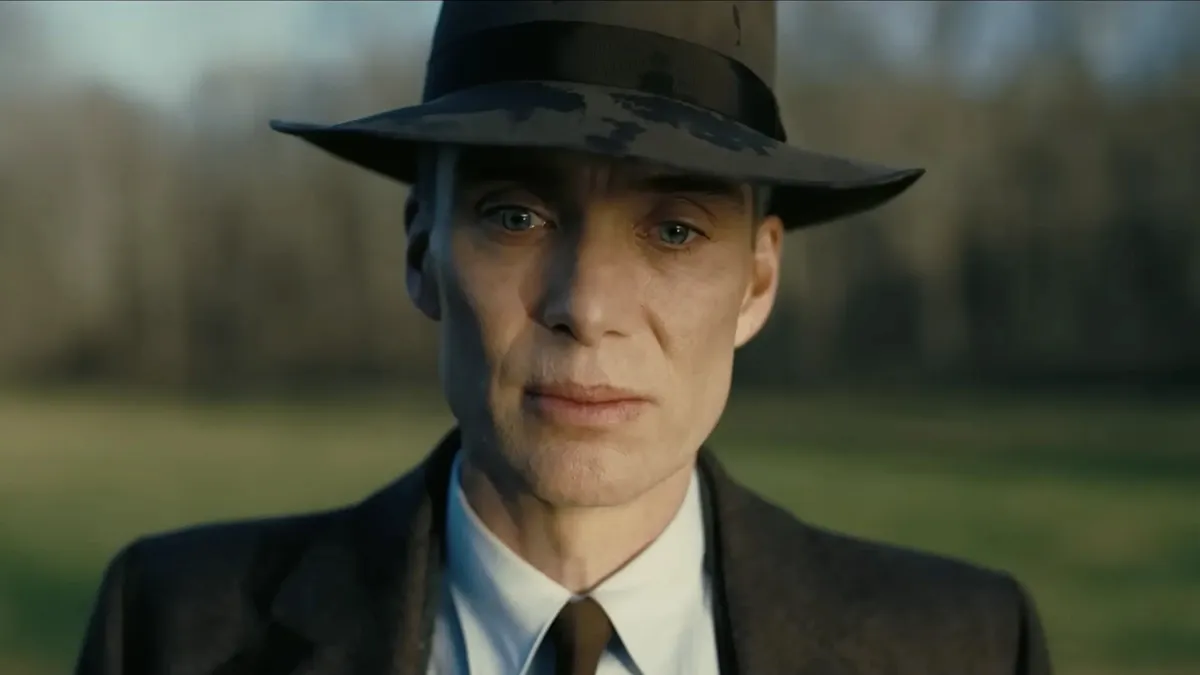My name is Mari. Im 10 years old. In April I will have been living through the #FlintWaterCrisis for 4 years, I’ve been fighting for almost as long. I want to be President when I grow up. But until then I will fight for #FlintKids pic.twitter.com/6LSKbxJP9t
— Mari Copeny (@LittleMissFlint) February 24, 2018
For anyone who says that our current youth are apathetic and entitled, I would point them toward the activism young people have been engaging in for years. I would certainly point them to the students in Parkland, FL, who are taking on the issue of gun control. And I would point them to Mari Copeny, an amazing and determined 10-year-old who’s been fighting to raise and maintain awareness of the Flint Water Crisis.
Yes, the Flint Water Crisis is still a thing. For those who need a refresher, back in the summer of 2015, Michigan’s state government decided to save money by switching Flint’s water supply from it’s Detroit-based water source to a local river, which was well-known to be contaminated. Flint is a majority-black, historically neglected city, and so despite resident complaints of dirty, murky water and concerns of lead poisoning, very little has been done about it since. Flint residents still struggle with access to clean water.
In the middle of that struggle is Mari Copeny, who was six years old when the crisis began. For the past two years, she has been a vocal advocate for her city, particularly for the kids in Flint. She first made waves when she wrote a letter convincing President Obama to take his first trip to Flint, MI after the crisis began, leading to the most adorable presidential moment ever.
But as adorable as Mari is (and she is also a child model and participates in pageants), her activism around Flint’s water crisis is serious business. For the past two years she’s used GoFundMe not only to raise funds for bottled water and other supplies for the children of Flint, and to support her ability to travel and raise awareness (and more funds) all over the country, but she also raises money to give Flint kids nice things to help them get through day-to-day life more enjoyable (like raising money to allow them to go to see movies like A Wrinkle in Time and Black Panther).
According to her current GoFundMe page, which along with her entire social media presence is monitored by her supportive mom, she says “I am a voice for the kids in Flint, I want the world to know that we aren’t victims, that we are survivors.”
I want to spotlight her efforts, efforts she’s been making for years, precisely because the Flint Water Crisis is something that’s moved out of the news cycle while still being a life-threatening problem to an entire American community. The fact that it’s a majority-black community we’re collectively ignoring is very telling.
I’m really glad to see that the (white) teens of the #ParklandShooting are getting supported & uplifted here on Twitter, but I can’t help but think of Little Miss Flint and how white people would never give a child of color such an enormous platform, even for an important cause.
— Doing The White Thing (@D0TheWhiteThing) February 17, 2018
If you’ve been following the amazing @LittleMissFlint, you’ll know that for years she’s been giving us the gift of moral clarity, political bravery, and sass that the Parkland kids are rightly being honored for.
Copeny/González 2052?
I’m in!
— Antony Bugg-Levine (@ABLImpact) February 26, 2018
I’m going to lose some followers for this.
But give this girl, and other black children fighting for their lives, the same attention you’re giving the Parkland Students. https://t.co/rHWZtOSQQ5
— Kosoko Jackson add A PLACE FOR WOLVES on Goodreads (@KosokoJackson) February 25, 2018
While Copeny has been doing amazing work for years, and while I’ve written posts about Flint, I didn’t know of Copeny or her activism until Jordan Peele retweeted her recently, and she started gaining traction well after the fact. Meanwhile, the kids in Parkland (one of whom, Emma González, is 18, Cuban, and bisexual, but still a lighter-skinned young woman living in a mostly-white, upper-middle class town) were immediately listened to with respect by major news outlets.
Yes, the Parkland shooting was an instantaneous, horrible, violent act, one that is symptomatic of the greater problem of gun violence (and near gun worship) in this country. Meanwhile, the Flint Water Crisis is a longer-term problem, the effects of which occur over time. However, Flint was the result of a calculated decision of a state government to cut corners and save money by putting a marginalized community at risk…on purpose.
Yet, while the Parkland shooter is in custody, it took until March 2017, nearly two years after the initial decision to change the city’s water source, for the city of Flint and state of Michigan to agree to replace the lead service water lines and institute an effective lead-monitoring system. The Natural Resources Defense Council is closely monitoring them to ensure that these promises are actually kept, but the fight is far from over.
This isn’t a contest. It’s not about one city having a “worse” problem than the other. It’s about both cities being listened to equally in their hour of need, and acknowledging the biases we may have personally in deciding which stories to give attention, or acknowledging the biases of the media outlets to which we give attention.
Ultimately, though, it’s about us adults getting into the fight, handling our responsibilities, and solving these problems so that our children don’t feel like they have to, lest adults screw it up. It’s our job to take care of them, not the other way around.
Though I’ve gotta say, I’d be totally down for a Copeny/González presidential ticket in 2052!
(image: JIM WATSON/AFP/Getty Images)
Want more stories like this? Become a subscriber and support the site!
—The Mary Sue has a strict comment policy that forbids, but is not limited to, personal insults toward anyone, hate speech, and trolling.—









Published: Feb 26, 2018 04:18 pm